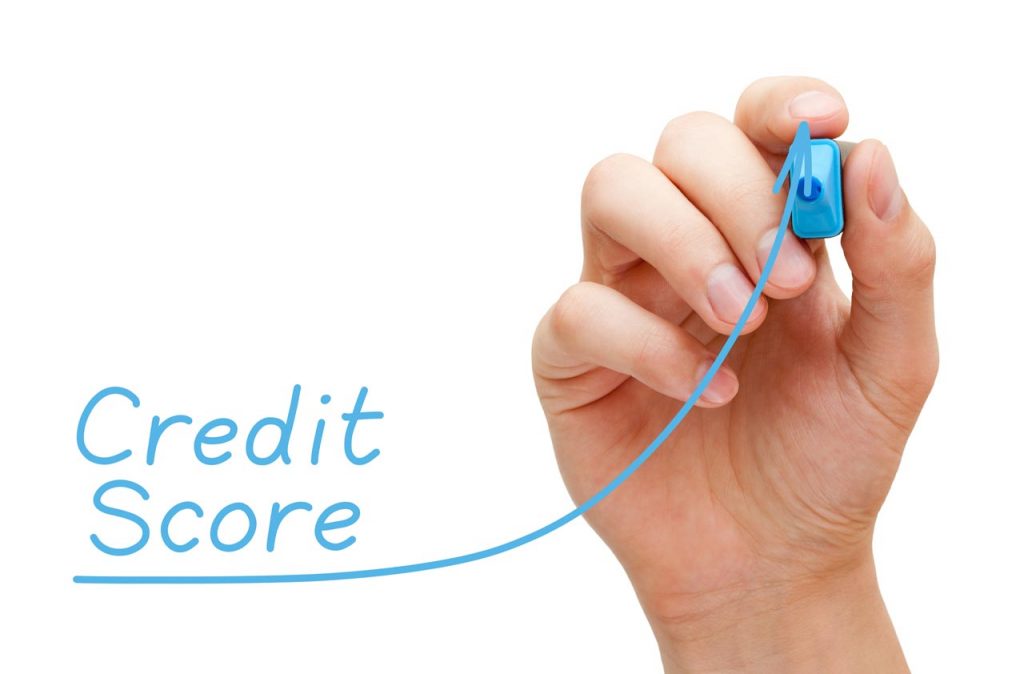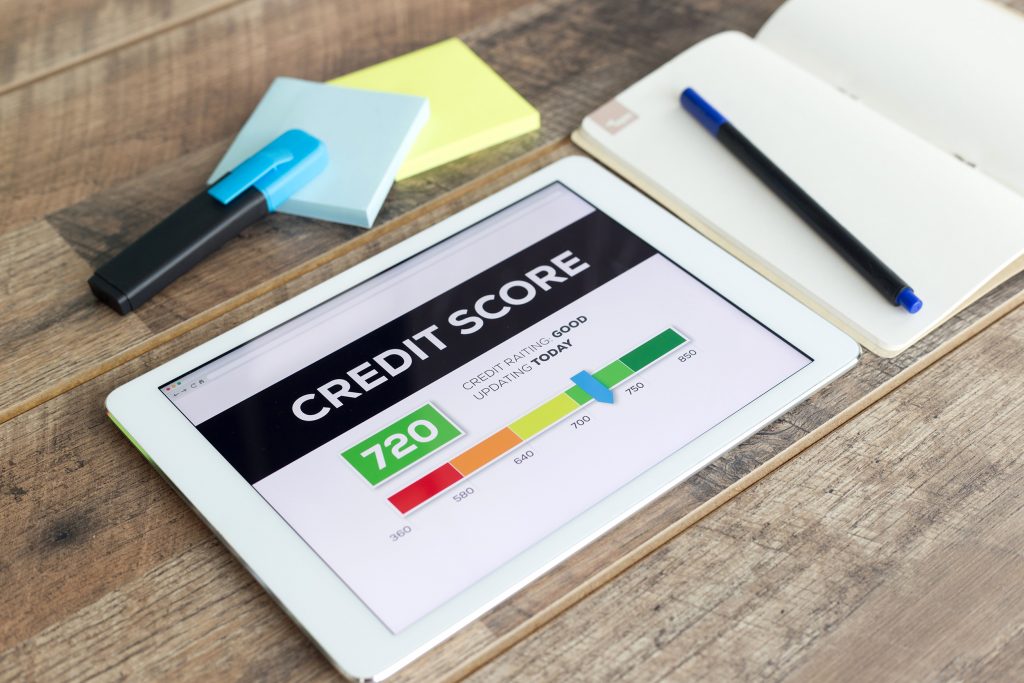Credit plays a crucial role in our lives because the economy revolves around it, which makes both individuals and businesses rely on loans and credit as part of planning their finances. Earlier, it used to be normal for businesses only to avail it for financing but as times progressed individuals too gained easy access to it by means of credit cards, home loans, vehicle loans, and personal loans. Although it is now easy to access it, to qualify for loans at a lower interest rate, one must have a good credit score, and this applies to both individuals and businesses. When awarding business loans, lenders evaluate the personal score of the applicant because of the manner of handling business finances and impacts the personal score. It is nearly impossible to maintain a good score throughout life because there would be instances when the score would dip.
According to https://www.creditninja.com Whenever there is any dip in the score, you must take steps immediately for improving it by restoring it. It means that you must keep a close watch on your score and take timely action for improvement. Repairing it as some people call it is not much difficult, and you can get it corrected during the time when you go through a steady financial phase without any imminent requirement of fresh credit.
What steps you can take to get out from bad credit and improve your score will become clear ongoing through this article.

Review your credit reports
Keeping a close watch on your credit report helps to detect errors quickly and enables you to take timely corrective action. Once a year you can obtain a free report from the three major credit rating bureaus namely Equifax, Experian, and TransUnion as it is their legal obligation. Sending a request for your free score by logging on to their website or calling the toll free number is all that you have to do. You get your report that displays all the information about your credit history. Some other websites promise free report, but you must ensure that it is really free because many such websites would make you pay in some other form like subscription, membership, etc. reports obtained from different agencies can vary because some agencies adopt different methods of compiling the entries.
Detect errors and pursue correction
As soon as you detect any negative marks in the report, you must immediately take it up with the agency concerned and make efforts to correct it. You must dispute any entry that you are suspicious about and cannot agree to. Choose the disputed entries according to the factor it relates to because it weighs differently on the score depending on the factor. For example, pay more attention to collection accounts and judgments. You can dispute errors through each bureau, but the settlement time of disputes can vary as some disputes take more time to settle. Based on the point raised by you, the bureaus must investigate and report the resolution. It is worth spending time to remove derogatory remarks from the report.
Be careful about late payment entries
Mistakes can happen in the report due to some communication gaps created by wrong reporting by lenders who might sometimes show that you made late payment despite making the payment on time. You must dispute such wrong entries promptly whether it relates to your current accounts or some previous account just in the way you dispute derogatory entries.

Increase credit limits
The utilization ratio is a very important factor that affects the score and the credit used against its limit can make a big difference. You must try to use about 30% of your its limit and at the most 50% because going beyond it will seriously damage your score. Beware about maxing out it. Paying off the balances is one of the ways of improving the score, and the other way is to increase your limit. Requesting the smart card company for increasing it should work provided you have a decent credit history. The smart card company to wants that you carry a high balance and would accede to your request.
Pay off outstanding balances
Your goal should be to decrease the percentage of available credit utilized because it is the best way to improve your score. Indeed, you want to have a good score so that you can borrow more and your approach of utilizing lower of it may conflict with your goals of borrowing, but still you must try it. Despite all difficulties, try to pay off balances at least in the short term so that you recover your score first and then keep up the good work to maintain the good score in the long run. Besides improving the score, your interest payment would also reduce, and this creates some more elbowroom to pay off balances.
Target new credit with high interest
Interest rates relate to your bank account and the age of it impacts your score – you must be clear about this concept. Your target should be to pay off high-interest accounts first and then create a priority list according to the age of accounts. Paying off the newest account first will help in increasing the average length of its helps your score, and at the same time, you avoid paying high interest.

Retain your old credit cards
Since the age of its impacts your score moderately, you must keep your old smart card accounts open because it counts in your history. If you close such accounts, then it will reduce the average history that you have created until then and have a negative impact on your score. If it is at all necessary to get rid of any smart card account, it is better to get rid of the card that is the newest.
Since late payments can do more damage to your credit score than you think, make it a habit to pay your bills on time, every time.









